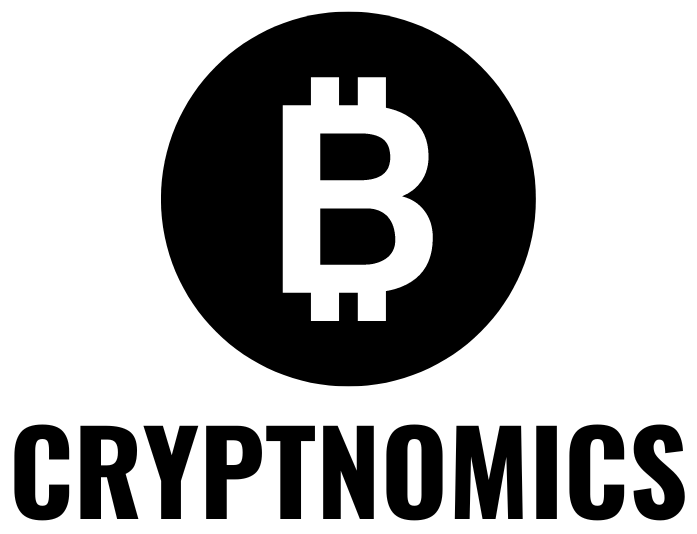Lately, Ethereum (ETH) has been under scrutiny with some arguing that it should be classified as a security.
Ruling Ethereum as an unregistered security could subject it to the same regulations as traditional securities, leading to decreased demand for the cryptocurrency.
Potential Consequences of SEC Ruling
Ethereum-based associated projects, including many altcoins, could also be affected. Altcoins rely on the Ethereum blockchain to function, and any regulatory changes to Ethereum could impact the entire ecosystem.
While the SEC has not yet made a ruling on Ethereum’s classification, the potential consequences for Ethereum and the broader crypto market are significant.
If Ethereum is classified as a security, it would be subject to additional regulatory requirements, hindering its growth potential. It would be subject to the registration and reporting requirements of the Securities Act of 1934, limiting its use cases. Alternatively, if Ethereum is classified as a commodity, it could have more freedom and flexibility in terms of its development and use. This could lead to more innovation and growth in the Ethereum ecosystem.
https://twitter.com/UtilityFTW/status/1630859974753517570?s=20
Security or Commodity: What’s the Difference?
With investing, it is important to know the difference between securities and commodities. Securities represent an ownership interest in a company, such as stocks, bonds, and mutual funds. The SEC regulates them, and laws and regulations that specify the disclosure of financial information protect investors.
On the flip side, commodities are physical goods or raw materials that are traded on exchanges. Think gold, oil, and corn. They are generally not regulated by the SEC, and their value is determined by market supply and demand. Commodities are often used for hedging against inflation or for diversifying investment portfolios.
To show the difference between securities and commodities, take the example of gold. Gold can be considered both a security and a commodity, depending on how it is traded. When an investor buys gold bars or coins with the intention of holding onto them as a long-term investment, then gold is considered a commodity. The value of gold will fluctuate based on market demand and supply.
If an investor purchases gold as part of a gold exchange-traded fund (ETF), then the gold is considered a security. The ETF shows ownership of the gold and is subject to regulation by the SEC.
What About Ethereum?
There are several attributes of Ethereum that have led some to believe that it should be classified as an unregistered security. They initially funded Ethereum through an initial coin offering, which is one of the main arguments. A type of fundraising mechanism used by startups in the cryptocurrency space. During the ICO, investors were able to purchase Ethereum tokens with the expectation of receiving a return on their investment.
This has led some to argue that Ethereum tokens represent an ownership interest in the Ethereum network, similar to a security.
Some argue that the success of the Ethereum network and associated projects, rather than its use as a currency, ties to the value of Ethereum. This suggests that Ethereum may be more similar to a security than a currency or commodity.
Finally, there are concerns that the centralized control of Ethereum by its developers, particularly in relation to decisions around network upgrades, may also indicate that Ethereum functions more like a security than a decentralized currency.
Despite these arguments, there are also many who believe that Ethereum is more similar to a commodity than a security, given its use as a utility token within the Ethereum ecosystem.
Ethereum’s Classification as a Security or Commodity
Investors are closely watching the situation, as it could impact their portfolios. If Ethereum is classified as a security, investors may become more cautious about investing in the cryptocurrency market as a whole. Additionally, the value of Ethereum and associated Altcoins could decrease, leading to significant losses for investors.
The significance of the SEC’s ruling on Ethereum’s classification extends beyond the cryptocurrency market. The SEC’s ruling holds significant importance for the regulation and use of blockchain technology. The SEC’s ruling on Ethereum may influence the regulation of other cryptocurrencies in the future.
https://twitter.com/XPunkDS/status/1629254947660353545?s=20
Is Taking Down Ethereum Easier than Taking Down Crypto?
The SEC has concerns about the risks of the cryptocurrency market for investor protection and financial stability. The regulatory landscape for cryptocurrencies is still evolving. With ongoing debate and discussion on how to regulate this emerging asset class.
Some may see the cryptocurrency market as a threat to the legacy financial system. While others may view it as an opportunity for innovation and growth. Ultimately, the regulatory approach taken by the SEC and other bodies will depend on a range of factors. Including their mandate, priorities, and broader economic and political considerations.
The SEC’s ruling on Ethereum’s classification could have far-reaching implications for the cryptocurrency market. And some believe that targeting Ethereum could be an easier way for the SEC to take down the entire market. Ethereum serves as the foundation for many other cryptocurrencies.
But taking it down would not necessarily lead to the downfall of the entire market. The decentralization characterizes the cryptocurrency market. And many cryptocurrencies operate independently of Ethereum – such as Bitcoin, the largest and most valuable cryptocurrency.
Importance of Investor Protection and the Need for Clear Regulation
It is important to note that Ethereum and the broader cryptocurrency market have already faced regulatory challenges. For example, in 2017, the SEC declared that initial coin offerings (ICOs) were securities. Many regulatory bodies shut down or forced many ICOs to refund investors.
Despite these challenges, the cryptocurrency market has continued to grow and evolve. Many believe that blockchain technology has the potential to revolutionize industries and change the way we interact with the world.
Yet, the regulatory landscape surrounding blockchain technology is still uncertain. Regulators need to do a lot of work to create a framework that fosters innovation while also protecting investors.
As the cryptocurrency market evolves, it is important for regulators to strike a balance between innovation and protection. The SEC’s ruling on Ethereum’s classification could be a step in the right direction. Towards creating an environment that is effective and fair for all.
A Critical Ruling for Ethereum and the Crypto Industry
An SEC ruling could significantly affect the broader cryptocurrency market and investors. With the potential for growth and innovation, the cryptocurrency market will continue to be a subject of debate and scrutiny.
Encouraging helpful debate is necessary to reach informed decisions. Prematurely ending an industry with such promising potential, and its nascent stage, would be detrimental to the growth and evolution of the technology and hinder the possibility of achieving long-term benefits.
To ensure the development of a responsible and sustainable cryptocurrency market, regulators and industry leaders should strike a balance between fostering innovation and safeguarding the interests of investors.
Disclaimer
All the information contained on our website is published in good faith and for general information purposes only. Any action the reader takes upon the information found on our website is strictly at their own risk.


